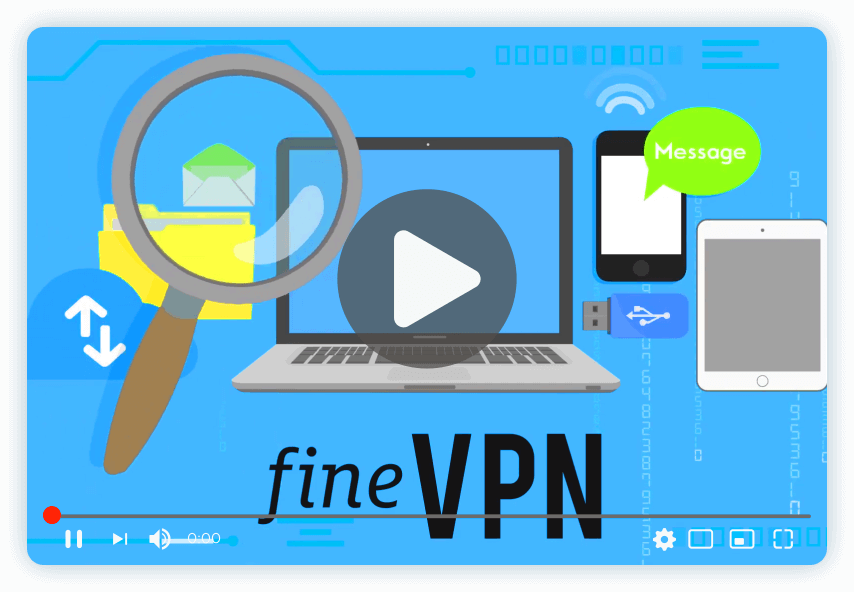In the digital era, uninterrupted access to the internet is not just a convenience—it’s a necessity. However, ISP throttling can disrupt this seamless access, leading to frustrating slowdowns during crucial moments. This article delves into the importance of using a VPN to circumvent such throttling, ensuring that your online experience remains optimal.
Understanding ISP Throttling
ISP throttling occurs when your internet service provider deliberately slows down your internet speed. This practice is often implemented to regulate network traffic and minimize bandwidth congestion. While it may serve a purpose for ISPs, it can severely impact end-users, affecting everything from video streaming to online gaming.
Common Signs of ISP Throttling:
- Sudden drop in internet speed
- Buffering during streaming, despite a previously fast connection
- Slower download speeds at specific times of the day
The Role of VPN in Bypassing ISP Throttling
A Virtual Private Network (VPN) serves as a tunnel between your device and the internet, encrypting your data and masking your IP address. This encrypted tunnel prevents ISPs from discerning the nature of your online activities, thus bypassing any targeted throttling efforts based on content type or service usage.
How VPN Works to Avoid Throttling:
- Encryption: Encrypts data, making it unreadable to third parties, including ISPs.
- IP Masking: Hides your real IP address, preventing ISPs from applying targeted speed limits.
- Routing: VPNs can reroute your data through servers in different locations, circumventing congested networks.
Reasons to Use a VPN for Bypassing ISP Throttling
- Enhanced Privacy: By encrypting your online activities, a VPN ensures that your browsing habits remain private.
- Uninterrupted Streaming: Enjoy high-quality streaming without the annoyance of buffering.
- Improved Online Gaming: Reduce lag and improve ping times for a smoother gaming experience.
- Fair Use of Paid Services: Access the full speed you pay for, regardless of the services you use.
Potential Challenges with VPN and ISP Throttling
While VPNs offer a solution to ISP throttling, there are potential challenges to consider:
- Performance Variability: Some VPNs may slow down your connection due to encryption overheads or distant servers.
- Compatibility Issues: Certain devices or networks may have restrictions that complicate VPN use.
- Free VPN Limitations: Free VPN services might have bandwidth limits or fewer server options, impacting their effectiveness.
Why FineVPN Stands Out for Bypassing ISP Throttling
FineVPN offers a robust solution to ISP throttling with its free VPN service. Here’s why FineVPN is your go-to choice:
- Unlimited Bandwidth: Enjoy uninterrupted streaming and browsing without worrying about hitting a data cap.
- High-Speed Servers: Access a network of fast servers designed to minimize latency and speed reduction.
- Strong Encryption: Ensures your data remains secure, preventing ISPs from detecting and throttling your internet usage.
- User-Friendly: Easy to set up and use, regardless of your tech expertise.
Setting Up FineVPN with WireGuard for ISP Throttling Bypass
FineVPN supports the WireGuard protocol, known for its high-speed and secure VPN connections. Here’s how to get started:
- Download FineVPN: Visit the FineVPN website and download the VPN client for your device.
- Install WireGuard: Download and install the WireGuard client from its official website.
- Configure WireGuard with FineVPN: Obtain the FineVPN configuration file and import it into the WireGuard client.
- Connect: Activate the VPN connection through WireGuard to start enjoying throttling-free internet access.
By following these steps, you can leverage the power of FineVPN and WireGuard to bypass ISP throttling effectively, ensuring a fast and secure online experience.












